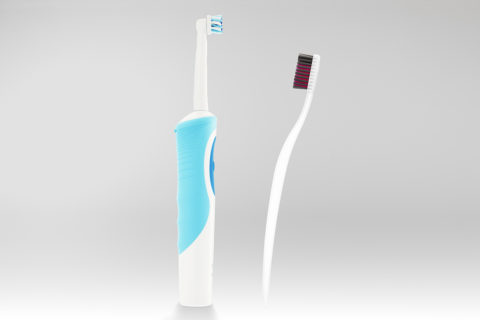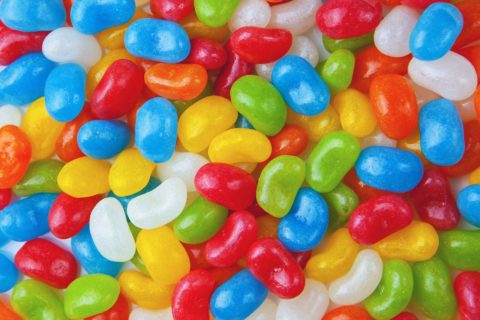Should my Kid Use Mouthwash?
Let’s talk about your children and mouthwash. If you use any kind of mouthwash or an oral rinse, it’s likely that your kids have noticed and asked you about it. They may have been curious and wanted to try it themselves. Should you let them? While there are no hard and fast rules, we’ll give you some general guidelines when it comes to mouthwash as part of your child’s oral hygiene routine.
Kids under age 6
It’s rarely advisable for kids under the age of 6 to use mouthwash. There are two reasons for this: 1) Too much exposure to fluoride (contained in most mouth rinses) while permanent teeth are still developing can create a condition called fluorosis. Fluorosis creates unsightly spots or streaks on the teeth. 2) Mouthwashes often contain active ingredients such as alcohol or fluoride that can be toxic if swallowed, and children younger than 6 usually can’t be counted on to effectively spit out their mouthwash after rinsing.
Kids 6-12 years old
It’s always good to ask your dentist first, but usually, elementary-aged children can use mouthwash IF they have mastered the skill of swishing and spitting out ALL the mouthwash. Even if kids are used to spitting out their toothpaste after brushing, it’s easy to swallow mouthwash during or after rinsing it around in the mouth. Before giving your child mouthwash, have him practice rinsing with and spitting out the water first. Supervise his first several uses of mouthwash to ensure that he’s not swallowing any of it.
Teenagers
Mouthwash can be a great asset for your teenagers! As they become more self-aware and feel more self-conscious about bad breath, their confidence and breath might be improved by consistently using mouthwash. More importantly, for teens with braces or other dental devices, mouthwash can help fight bacteria and protect tooth surfaces that are difficult to access with a toothbrush or floss.
A few pointers:
- Mouthwash does not, cannot, and should not replace normal brushing and flossing. It’s an add-on, not a substitute.
- Especially for teenagers with braces, rinsing with mouthwash after lunch at school can help remove food particles from around their teeth, even if they don’t have time to brush.
- Ask your dentist for child-friendly mouthwash recommendations.
If you still have questions after reading this, we’d love to hear them. We know that, as a parent, you’re always looking for ways to keep your kids safe and healthy, and we are proud to partner with you on that!


